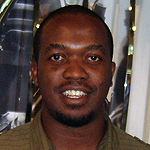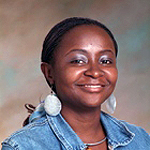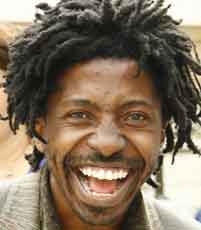Forecasting the Death of Fiction
Recently, American critic Lee Seigel sparked off a storm by declaring that ‘fiction has now become a museum-piece genre.’
This is not the first time that fiction or the novel has been declared way past its sell-by date: V.S. Naipaul once declared that non-fiction was the only genre equipped to handle the complexities of our present world. This time however, there appears to be a growing feeling that fiction may be on its last legs, with creative non-fiction experiencing something of a fillip over the past few years. Notable successes in this genre include Ismael Beah’s A Long Way Gone; Norwegian journalist Asne Seierstad’s The Bookseller of Kabul, whose success has seen its author being dragged through the courts by the book’s subject; and more recently Barbara Demick’s Nothing to Envy: Ordinary Lives in North Korea.
At the beginning of the year, David Shields’ Reality Hunger: A Manifesto was received with critical acclaim and many writers lined up to welcome it, relieved that finally someone had said something that they had tried, but somehow failed, to articulate. Reality Hunger is a remarkably absorbing and highly stimulating read, and a supposed antidote to our artificial world, where we are lost in hyper-reality, are wont to lose sight of hard reality and as a result hunger for it. That may genuinely account for the rise of non-fiction.
Yet for one coming from the hard-biting reality of the developing world, sometimes it can seem like there is too much reality. In fact so much that one craves for escape or even fictions, sometimes. There, the ability to reimagine one’s reality remains a most powerful, liberating and redemptive tool. How one reconciles the over-abundance of dirt-cheap reality in the world’s poorer enclaves and the shimmering synthetic reality of the affluent West begins to assume political hues. A humble and less intellectual-saloon type proposition would be to find out how the citizens of North America and the EU respond to the idea of abolishing their fortress-like national boundaries — that way things would soon settle at a level of reality that is bearable to all.
There is something in me that can’t help hearing, in the notion of the demise of fiction, tinkling tonalities reminiscent of Francis Fukuyama’s ‘End of History’ declaration, which is aging in a way it was not intended to. Both ideas rest on the premise of the end of mankind’s ideological evolution, though one does so knowingly, while the other less so. Both have a shocking disregard for the power and scope of the imagination. 
Copyright
© African Writing Ltd & respective copyright
owners. Enquiries to permissions(at)african-writing.com.
![]()










